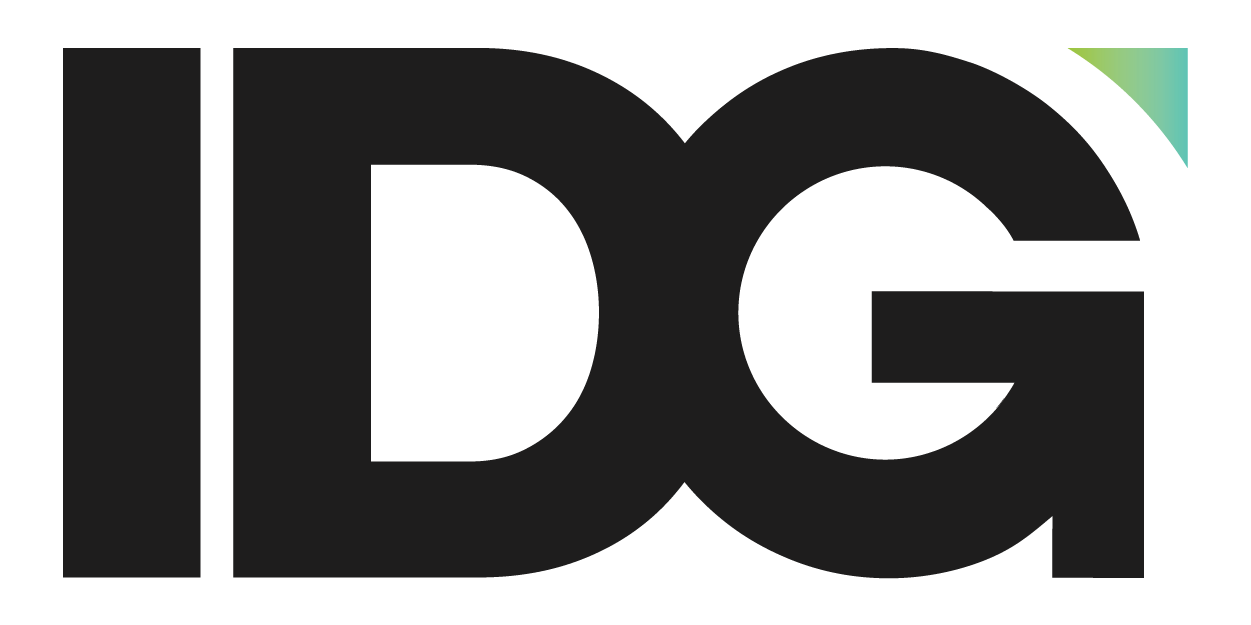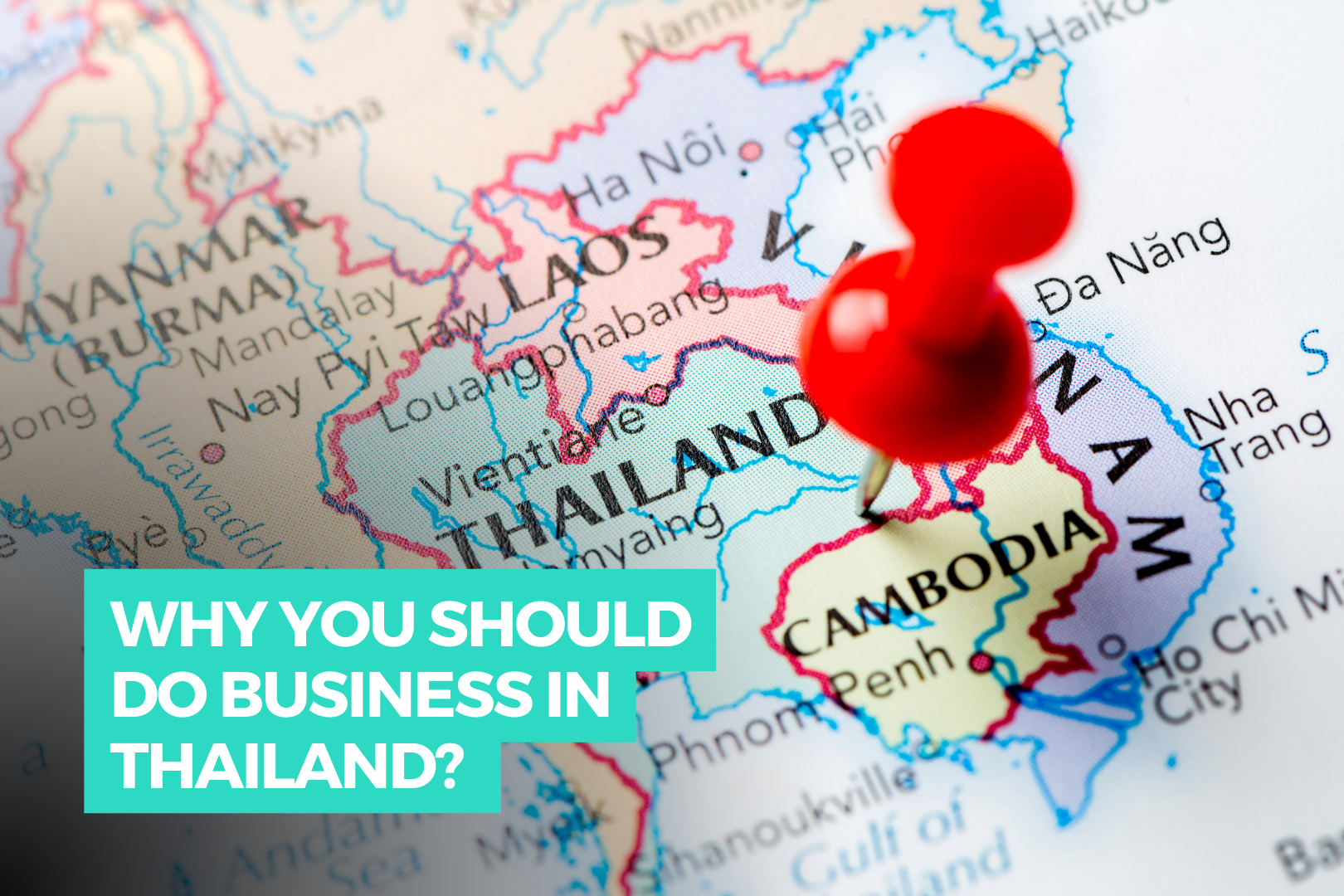If you are considering Thailand as a potential location for your startup or expanding business, we aim to provide you with a comprehensive overview of the country and highlight key factors that make Thailand an appealing choice.
Thailand’s Robust Cosmetic Market: Thailand boasts one of the largest cosmetic products markets in Southeast Asia, attracting major international brands that have made substantial investments in this sector for decades. In 2021, the prestige cosmetic and fragrance market in Thailand reached a staggering value of approximately 343 million U.S. dollars. Remarkably, despite the challenges posed by the pandemic, the market experienced a 5% growth. Thailand’s domestic beauty and personal care products take the lead in ASEAN exports, particularly to countries with which Thailand has Free Trade Agreements (FTAs). These include ASEAN countries, Japan, Australia, China, South Korea, and India. In return, imports of certain cosmetic products from FTA countries enjoy duty exemptions or reduced tariff rates. For instance, South Korea grants duty exemption for imported anti-aging products, making them more affordable for domestic consumers and facilitating trade and growth within the cosmetic industry.
Emergence of New Brands and Influencer Marketing: The rise of social media influencers has revolutionized the marketing landscape for cosmetic products in Thailand. These influencers leverage their substantial following on social media platforms to promote products, becoming a pivotal marketing platform for cosmetic brands. This trend has given birth to new brands that tap into current market trends. By aligning with influencers, businesses can ensure continuous growth and maintain a strong market performance. The Thai cosmetics market offers immense potential for sustained expansion, making it a priority for businesses in the industry.
Regulatory Framework: Cosmetic control in Thailand is governed by the Cosmetic Act B.E. 2558 (2015), which regulates various activities encompassing pre-marketing and post-marketing stages. It’s important to note that products with pharmaceutical characteristics, which affect or alter the functions or structure of the human body, fall outside the purview of cosmetic regulation.
Shifting Regulatory Focus: The Cosmetic Act of B.E. 2558 (2015) has recently shifted its regulatory focus from pre-marketing to post-marketing activities. This shift reflects the understanding that enforcing technical requirements and adhering to good manufacturing guidelines are crucial in ensuring the quality of cosmetic products. This emphasis on post-marketing activities ensures continued consumer satisfaction and confidence in the industry.
Conclusion:
Thailand’s thriving cosmetic market presents an exceptional opportunity for entrepreneurs, CEOs, brand owners, innovators, and top executives seeking to establish or expand their businesses. With its robust market size, favorable trade agreements, influencer-driven marketing landscape, and evolving regulatory framework, Thailand should be your top priority. Embrace the potential of the Thai market and unlock new avenues for growth and success in the cosmetic industry.
Ref : [1] https://www.statista.com/forecasts/1260613/revenue-of-prestige-cosmetics-and-fragrances-asia-pacific-region
[2] Thailand Department of Trade Negotiations
[3] https://www.fda.moph.go.th/sites/FDA_EN/SitePages/Cosmetic.aspx?IDitem=RoleAndResponsibilities

